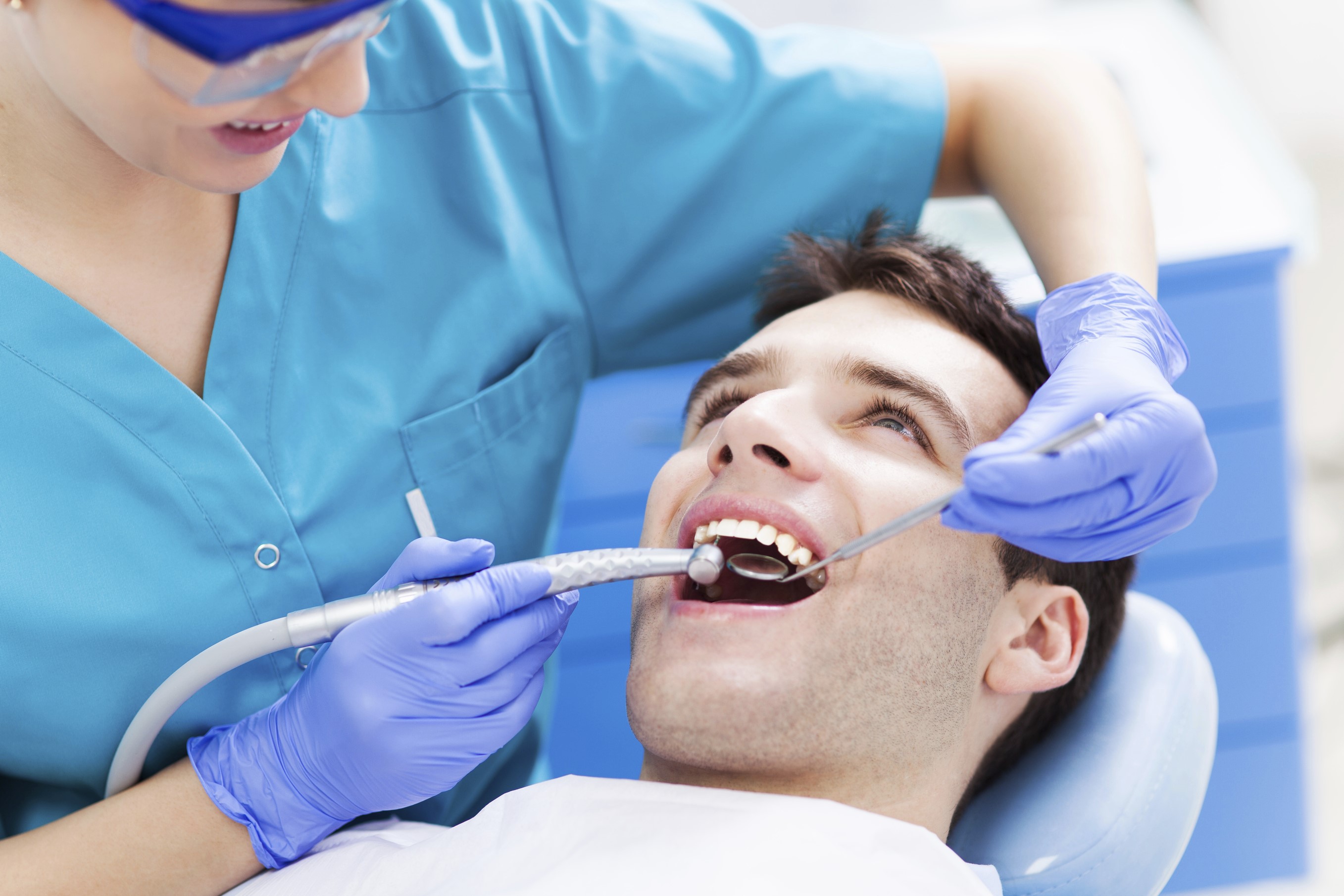Routine dental care is often overlooked. Many of us forgo the dentist until we suffer from a tooth emergency. However, to prevent said emergencies, it is vital that you partake in routine dental care. There are many reasons as to why regular dental services should be utilize. Let’s take a look at why you should always participate in routine dental care, and what you can except at your first dental appointment.
Why Should I have Regular Dental Checkups?
Dentist recommend that you see them every six months for a regular cleaning. By utilizing a dental cleaning, you prevent plaque buildup, decay and gingivitis. Decay and plaque buildup can lead to other issues including cavities, and toothaches. No one wants to be told they need a root canal or other extensive dental procedures. You can avoid this situation by seeing your dentist regularly. It is also important that you maintain proper tooth care at home. Check out this website from the ADA to optimize at home oral care.
What if I Already Have a Tooth Problem?
Many of us are already suffering from tooth issues. The most frequent issue we suffer from is toothaches. There are many things a person can do to reduce pain until they can get in to see a dentist. Take a look at this list of home remedies to tide you over until you can make an appointment. To find a dentist in your area, simply search your symptoms or services, followed by your location. For example, you could search something like: toothaches hickory nc, to be provided with local dental offices.
What can I Except at My First Dental Appointment
It is only natural for you to fear your dental appointment. Many people forgo seeing a dentist all together because of fear and anxiety. By knowing what you can expect at your first dental appointment, you can reduce this anxiety, and make your dental appointment go smoothly.
Typically, there are two parts of the dental appointment; the examination and the cleaning. Your dentist will likely first check for cavities on the exterior of your teeth. An x-ray will then be taken to check for any cavities in between your teeth as well. The x-ray will also provide your dentist with a look into the level of plaque on your teeth.
After your mouth has been thoroughly examined, your teeth will be cleaned. Brushing and flossing on a daily basis can help reduce and prevent plaque build-up. However, it cannot completely rid you of plaque. The dentist or dental hygienist will use a method known as scaling to scrap the plaque off your teeth. Once this is completed, your teeth will be polished. While this can be a bit uncomfortable, typically it is painless. After the polishing, a simple basic flossing will be performed.
Your dentist will inform you of any abnormalities found on the x-rays or during the examination. Be sure to follow up with your dentist for treatment or another cleaning in six months. By maintaining regular checkups, you can ensure that your teeth are at the healthiest condition possible.






